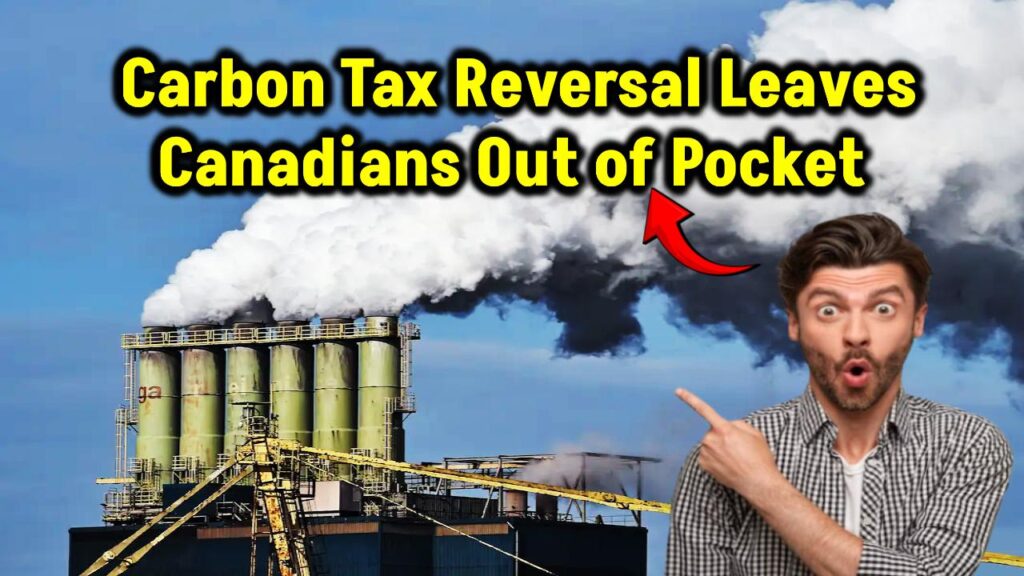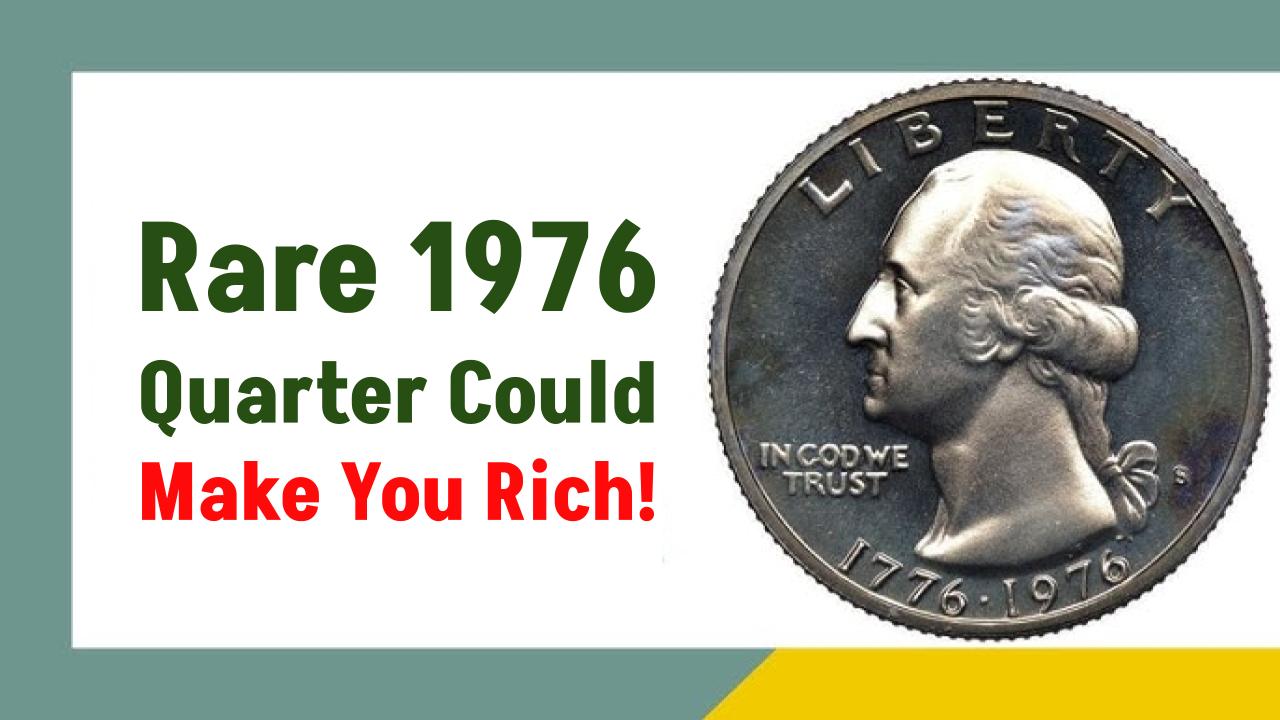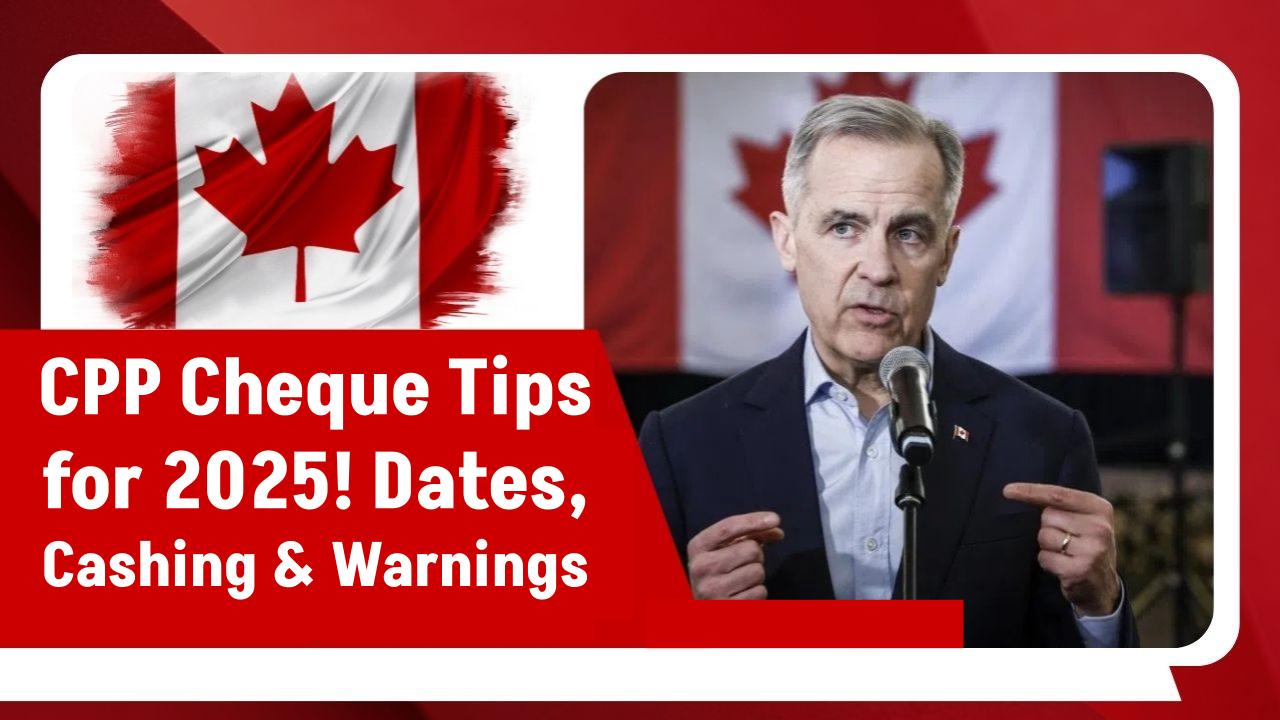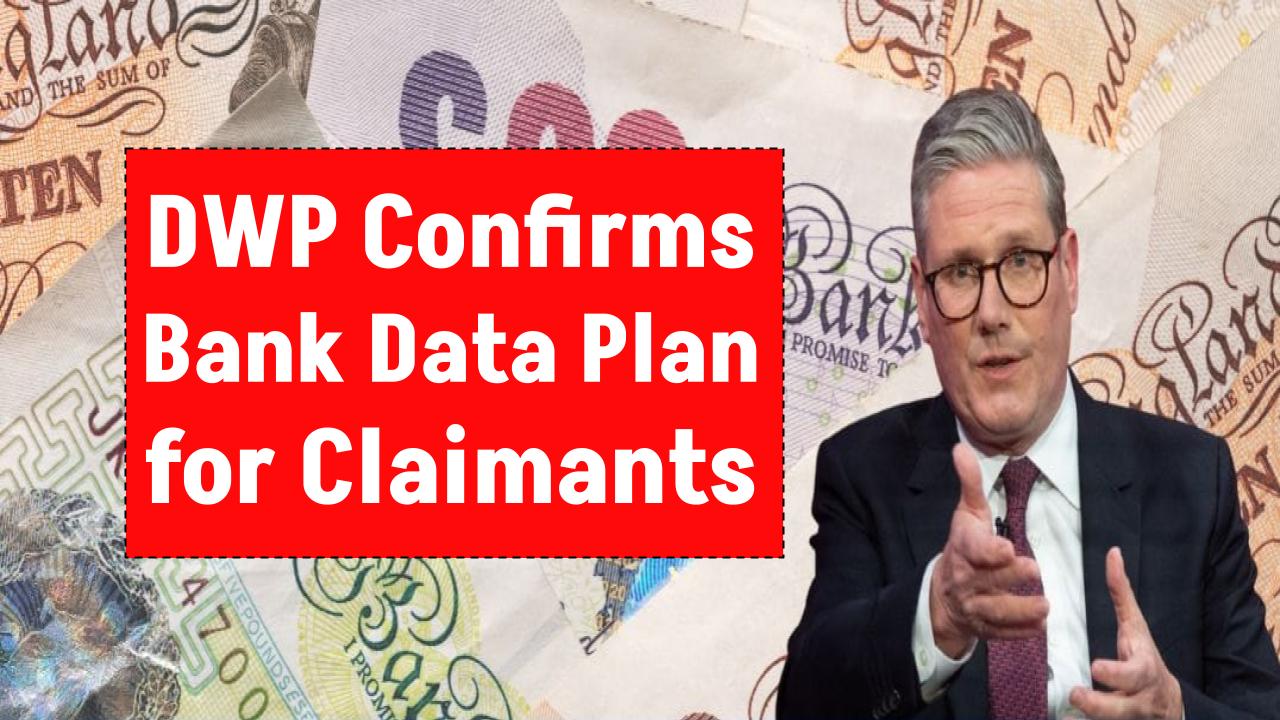Carbon Rebate Controversy: The Hidden Policy Twist That’s Costing Some Canadians Big
Carbon Rebate Controversy: The Carbon Rebate controversy in Canada has taken center stage after a recent policy reversal shocked both households and climate advocates. The government’s decision to eliminate the federal consumer carbon tax in 2025 has effectively ended the Canada Carbon Rebate (CCR)—a move that is already pinching the pockets of millions of Canadians, especially in rural and low-income communities.

While the change is marketed as relief from rising living costs, it’s coming at a hidden cost many didn’t anticipate—the loss of quarterly rebate payments that helped offset higher fuel prices. The carbon rebate system, once hailed as a climate-conscious yet people-friendly solution, is now at the heart of a debate balancing financial relief with climate responsibility.
Carbon Rebate Controversy
| Topic | Details |
|---|---|
| Policy Change | Consumer carbon tax eliminated in March 2025 |
| Impact | End of Canada Carbon Rebate (CCR); millions lose quarterly rebates |
| Who’s Affected Most | Rural, low-income Canadians relying on fossil fuels |
| Original Goal of CCR | Offset rising fuel costs via carbon tax rebates |
| Rebate Structure | Quarterly direct deposit or cheque based on family size and region |
| Environmental Concern | Reduced financial incentive for eco-friendly energy use |
| Official Source | Canada.ca – Greenhouse Gas Pollution Pricing Act |
The elimination of the Canada Carbon Rebate in 2025 marks a turning point in Canada’s environmental and economic policy. While aimed at easing short-term financial pressures, it removes a crucial support mechanism that benefited millions. As Canadians adjust, the spotlight now turns to what comes next—will the government offer a new, greener rebate? Or will this decision leave a lasting gap in both household budgets and climate progress?
Understanding the Canada Carbon Rebate (CCR)
The Canada Carbon Rebate was introduced alongside the Greenhouse Gas Pollution Pricing Act as a way to return most carbon tax revenue to citizens. Here’s how it worked:
- Households were taxed on carbon-intensive fuels (gasoline, diesel, natural gas).
- To ease the financial burden, the federal government returned up to 90% of the revenue directly to Canadians through quarterly payments.
- These payments were not income-tested, meaning almost every household got them, regardless of salary.
- In most provinces, families of four received $760 to $1,500 per year.
According to Carleton University research, 80% of Canadian families received more back in rebates than they paid in carbon tax—particularly middle- and low-income earners.
The Hidden Policy Twist in 2025
In a move that caught many by surprise, Prime Minister Mark Carney in March 2025 announced a complete removal of the federal consumer carbon tax. With it, the Canada Carbon Rebate disappeared overnight.
Why was this decision made?
- The government cited inflationary pressures, energy affordability, and growing political pushback, especially from provinces like Alberta and Saskatchewan.
- Critics allege it’s an attempt to gain public support ahead of the next election cycle.
But this change wasn’t accompanied by an alternative rebate system or cost-of-living compensation—leaving households to bear the full cost of fuel price increases.
Carbon Rebate Controversy: How Canadians Are Feeling the Impact?
Without the CCR payments:
- A family of four in Alberta could lose over $1,800 annually.
- Rural Canadians, who rely more on heating oil, gas vehicles, and long commutes, are among the hardest hit.
- The loss of predictable quarterly income has caused many families to adjust budgets, cut spending, or seek alternative assistance.
For example, Janet McDougall, a schoolteacher in rural Manitoba, shared with CBC:
The Environmental Consequences
This decision doesn’t just affect wallets—it also impacts Canada’s climate goals.
Carbon tax’s original purpose:
- Discourage fossil fuel use by making it more expensive.
- Encourage green alternatives like electric vehicles and solar heating.
Without a carbon price:
- No incentive to reduce emissions.
- Emissions could rise, jeopardizing Canada’s pledge to cut greenhouse gases 40-45% below 2005 levels by 2030 under the Paris Agreement.
The Canadian Climate Institute warned that ending the consumer carbon tax:
Political Fallout and Divided Opinions
The decision has sparked fierce political debate across the country.
Supporters argue:
- The cost of living is too high for average families to absorb more tax, even with rebates.
- Carbon pricing should target corporations, not consumers.
Critics say:
- The rebate was working—reducing emissions while cushioning costs.
- The timing is reckless, especially when climate disasters are becoming more frequent.
Provinces like British Columbia and Quebec that run their own carbon pricing systems have not eliminated rebates, suggesting alternative models could still thrive.
What Could Replace the Carbon Rebate?
The federal government has hinted at introducing a climate incentive tax credit system, but no formal details have been released.
Possible replacements include:
- Green Home Retrofit Grants for insulation, heat pumps.
- Electric vehicle subsidies.
- Targeted low-income energy relief programs.
However, experts warn these may not offer the same universal financial support that the CCR did.
What Should Canadians Do Now?
Here’s what Canadians can do to manage the transition:
1. Track Fuel and Utility Usage
Use budgeting tools to understand how much more you’re spending without the rebate.
2. Look for Local Programs
Some provinces offer rebate top-ups, efficiency grants, or tax credits.
3. Start Planning for Energy Efficiency
Small steps like sealing windows, reducing gas use, or switching to electric heating can help save in the long run.
4. Watch for New Federal Announcements
Sign up for alerts from Canada.ca or your provincial government about new support programs.
FAQs on Carbon Rebate Controversy
Who used to get the Canada Carbon Rebate?
Almost all households in provinces where the federal carbon tax applied, regardless of income.
How much was the rebate worth?
Amounts varied by province. For example, in Alberta, a family of four could get over $1,800 per year.
Is the rebate completely gone in 2025?
Yes, with the removal of the federal consumer carbon tax, the CCR ended in March 2025.
Will any new payments replace the CCR?
Possibly. The government has hinted at a new program but hasn’t released details yet.
What happens in provinces with their own carbon pricing?
BC and Quebec still offer separate rebates or benefits and are not affected by this federal change.








